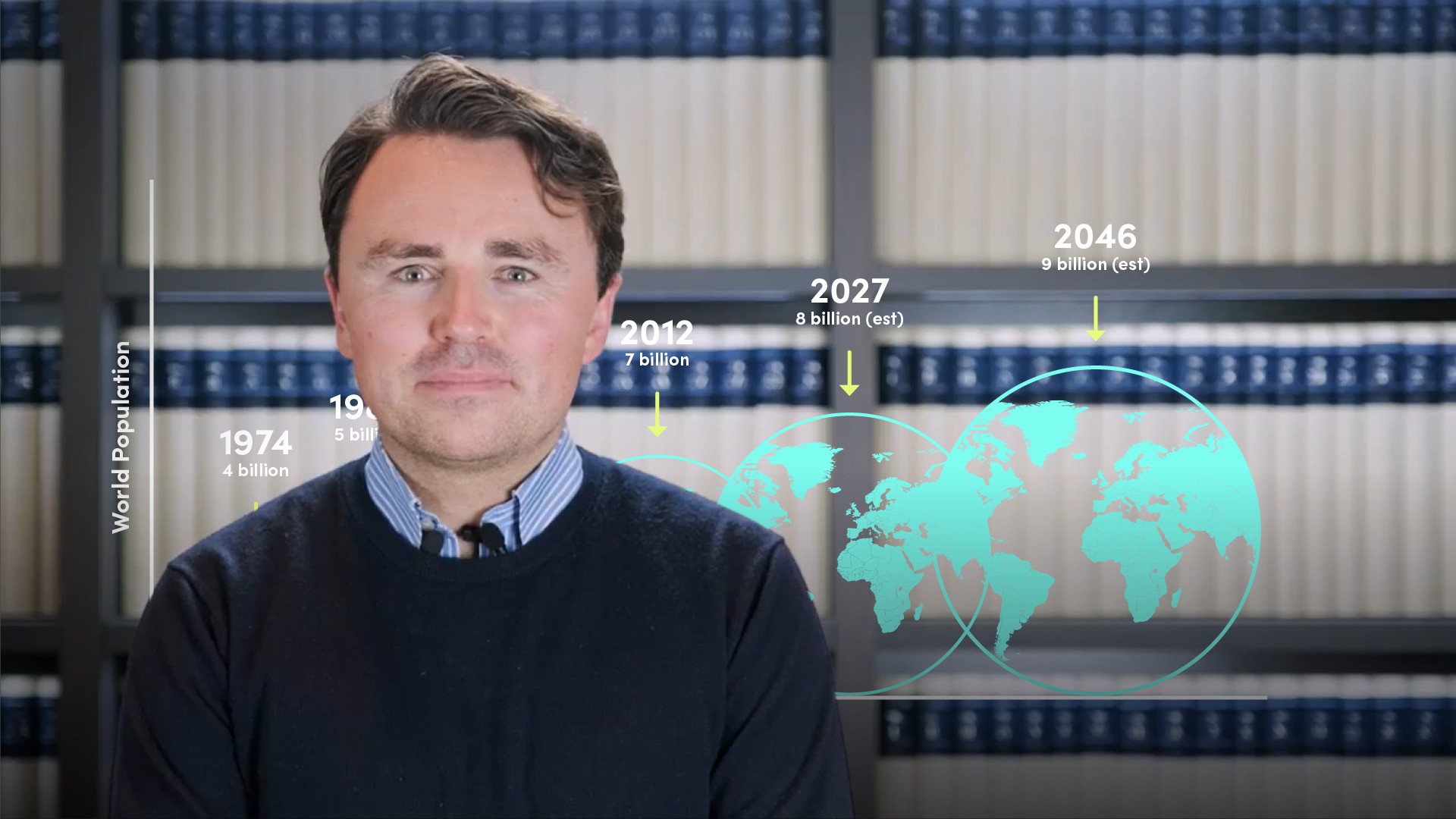
Is It Too Late to Save the Ocean?

Vincent Kneefel
15 years: Ocean conservationist
Over 40% of the ocean has already been severely affected by 5 key threats - and this will have disastrous long-term consequences. How we decide act in the next 10 years will be vitally important. Join Vincent Kneefel in this video as he outlines what these key threats are and how they are affecting our oceans.
Over 40% of the ocean has already been severely affected by 5 key threats - and this will have disastrous long-term consequences. How we decide act in the next 10 years will be vitally important. Join Vincent Kneefel in this video as he outlines what these key threats are and how they are affecting our oceans.
Subscribe to watch
Access this and all of the content on our platform by signing up for a 7-day free trial.

Is It Too Late to Save the Ocean?
8 mins 58 secs
Threats to the ocean are so extensive today that more than 40% of the ocean has already been severely affected and virtually no area has been left untouched. The business-as-usual trajectory will have detrimental effects, with the WWF estimating that the costs could be $8.4 trillion to the global economy over the next 15 years. Immediate action could save the ocean and reduce these costs to $3.3 trillion.
Key learning objectives:
Identify the 5 key threats to the ocean
Understand the consequences for each threat
Subscribe to watch
Access this and all of the content on our platform by signing up for a 7-day free trial.
What are the five key threats to the ocean?
- Declining fish stocks and biodiversity
- Ocean Warming
- Plastic pollution
- Ocean dead zones
- Ocean mining
What do declining fish stocks mean for the global economy?
On average, each person on earth consumes 19.2kg of fish a year, around twice as much as 50 years ago. Simultaneously the global human population has more than doubled, leaving almost 90% of global marine fish stocks now fully exploited or overfished. In 2020 around 180 million tonnes of fish was caught worldwide. Illegal and unregulated fishing constitutes an estimated 26 million tonnes of fishing worldwide and about 38.5 million tonnes of bycatch. Over just 40 years there has been a decrease recorded in marine species of 39%.
How damaging would a 2-degree temperature rise be for the ocean?
The ocean has absorbed more than 90% of the Earth's extra heat from man-made carbon emissions since 1955. If the ocean wasn’t absorbing this heat, average global temperatures on land would be around 60 degrees celsius. Increasing ocean temperatures affect marine species and ecosystems everywhere. As ocean waters warm and land ice melts, sea levels have begun to rise. This ocean warming affects primary productivity and nutrient cycles, the global distribution and survival of marine organisms, and the amount and type of fish that are caught in fisheries. A temperature rise of 2 degrees C would eliminate 99 per cent of coral reefs. Coral reefs occupy less than 1% of the ocean floor, yet are home to more than 25% of marine life.
How much plastic is polluting the ocean?
Plastic waste is currently entering the ocean at a rate of about 11 million metric tons a year, where it is harming marine life and damaging habitats. There is already more than 150 million tonnes of plastic in the ocean, and this amount could triple by 2040. According to Breaking the Plastic Wave, a study by Oxford University, without immediate and sustained action, the amount of plastic leaking into the ocean will continue to increase to 29 million metric tons per year by 2040.
Why is ocean mining an emerging threat?
Increasing demand for precious natural resources has led to a resurgent interest in exploiting deep-sea mineral deposits. Commercial ocean mining is not yet happening at the moment, but this could start as early as 2023. Scientists warn of irreversible biodiversity loss.
Subscribe to watch
Access this and all of the content on our platform by signing up for a 7-day free trial.

Vincent Kneefel
There are no available videos from "Vincent Kneefel"






















